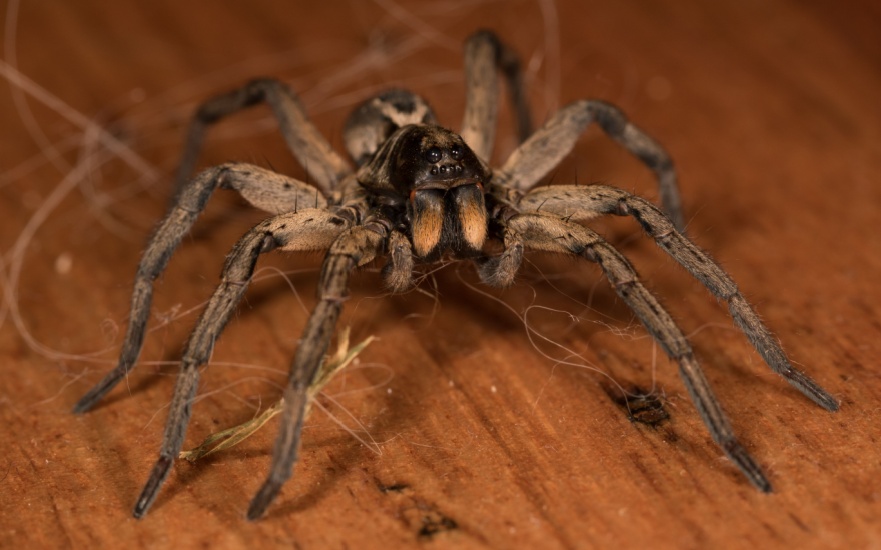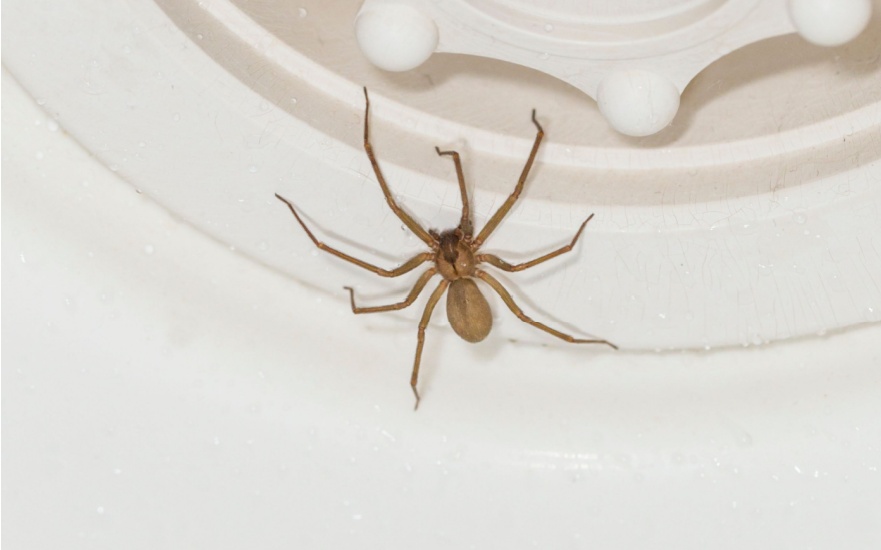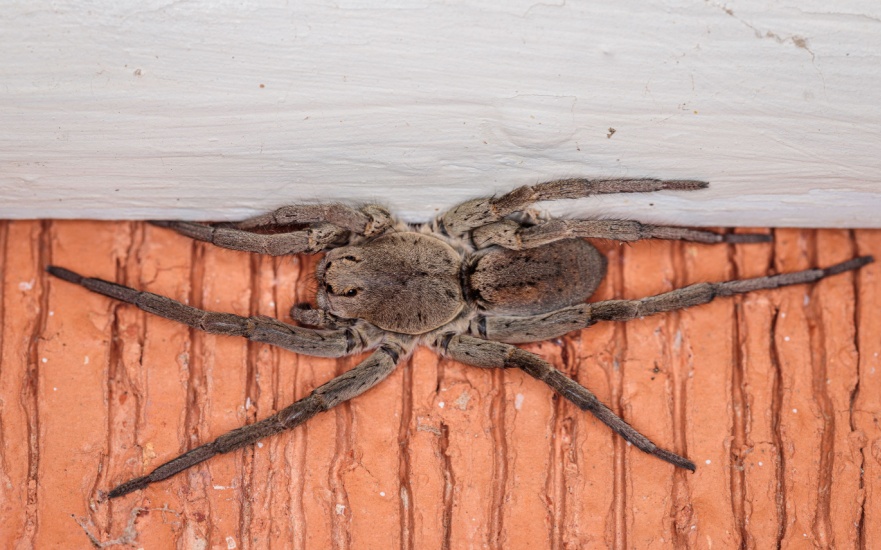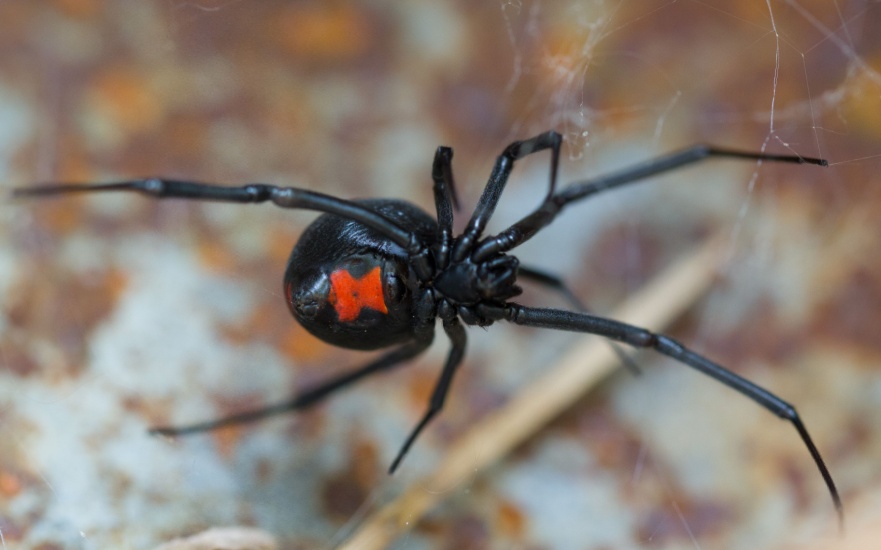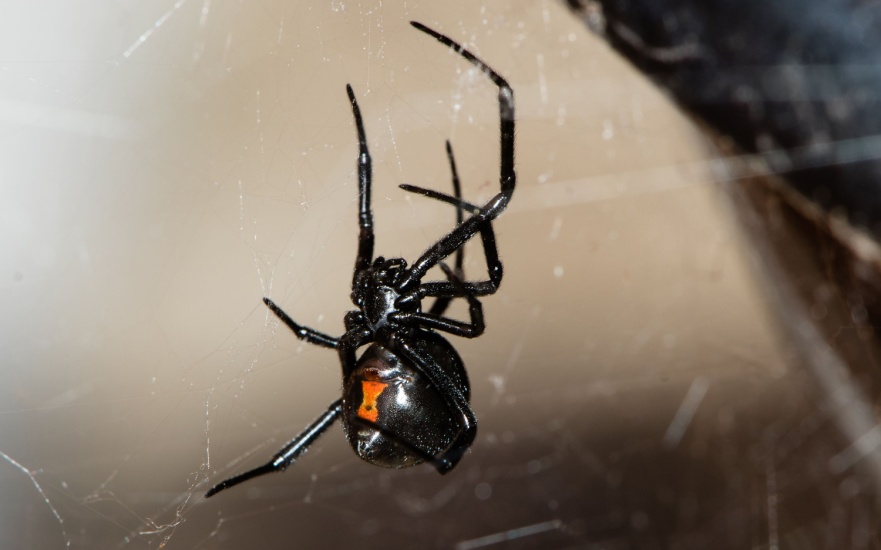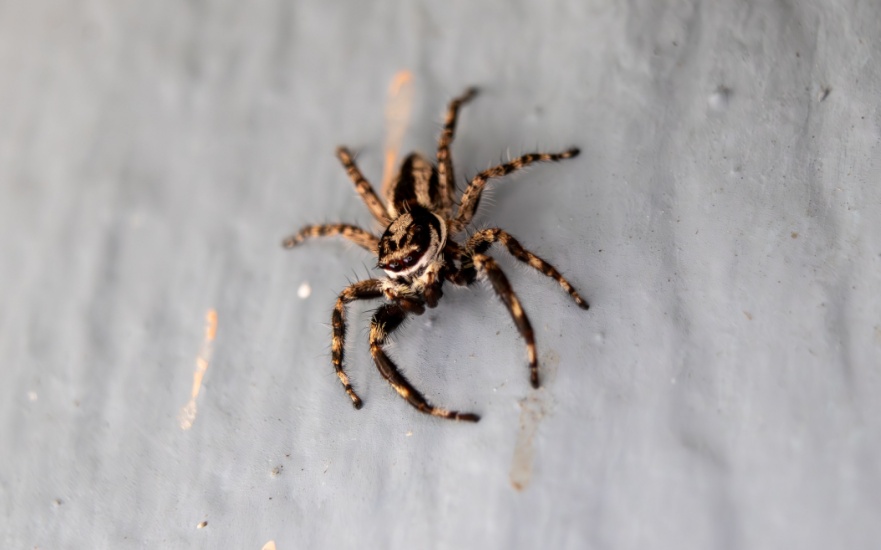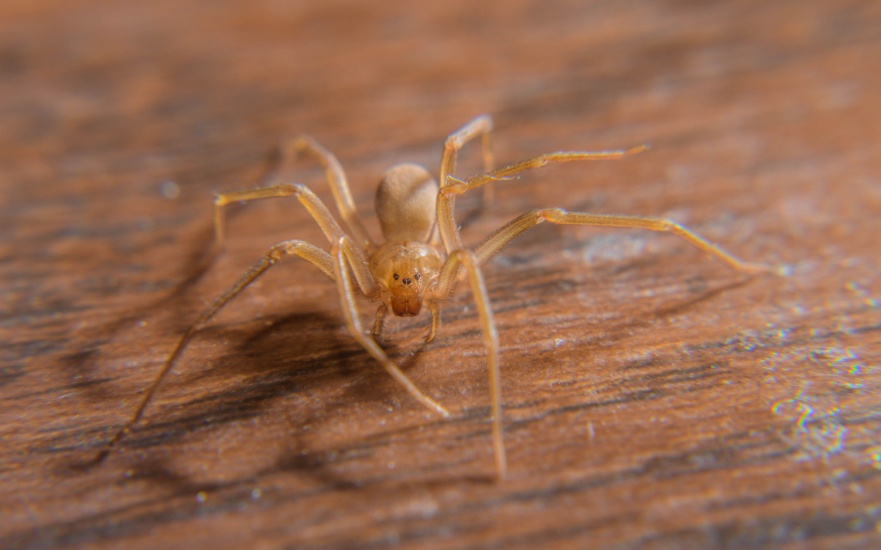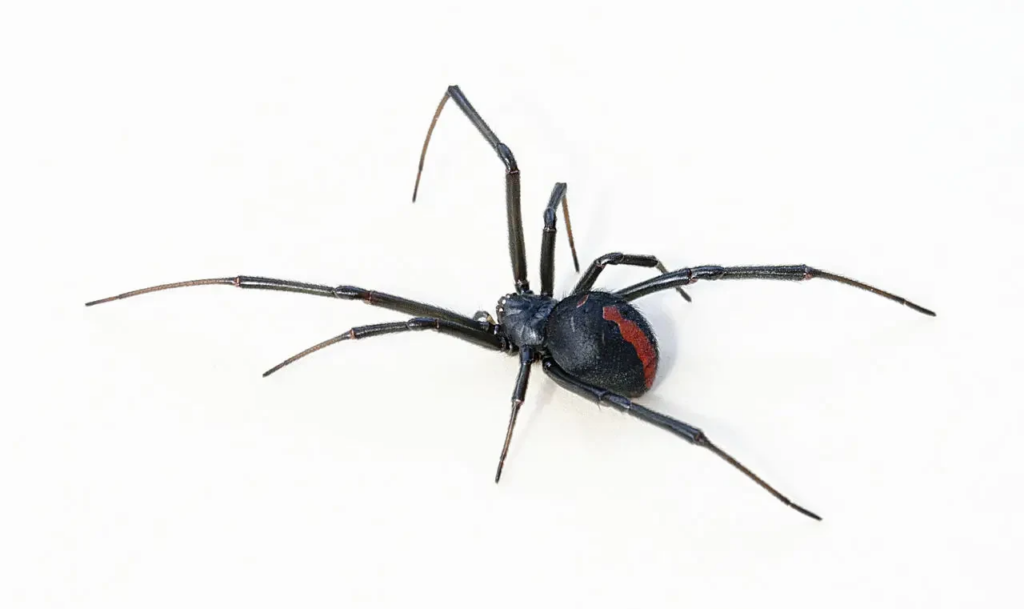If you’ve recently asked yourself, “why am I seeing more spiders in my home?”, you’re not alone. Many homeowners in Dallas and nearby areas experience a noticeable increase in spider activity during certain times of the year. While most spiders are harmless and even help reduce insect populations, seeing them more often than usual can be a sign of underlying issues that need to be addressed.
This guide will walk you through the most common reasons you might be seeing more spiders in your home—and what you can do to prevent them.
Seasonal Changes Bring Spiders Indoors
One of the most common answers to why am I seeing more spiders in my home is seasonal behavior. Spiders tend to migrate indoors during late summer and fall in search of mates and shelter. This is known as spider mating season, and it’s often when homeowners notice a sudden spike in activity.
Additionally, extreme weather conditions—whether hot or cold—can push spiders indoors as they seek a stable environment. If spider activity seems to rise with the temperature or seasons, it’s likely due to natural behavioral patterns. For more seasonal insight, check out our Spider Control Services in Dallas to learn how we treat spiders year-round.
Your Home May Have More Insects
Spiders follow their food, and their primary food source is other insects. If you’re dealing with a fly, ant, or moth problem, spiders are likely to follow. Outdoor lighting can also draw in insects, especially near windows and doors, making those areas prime real estate for spider webs.
If you’re wondering why am I seeing more spiders in my home all of a sudden, it may be worth investigating whether another pest issue is occurring at the same time.
Humidity and Moisture Attract Spiders
Spiders thrive in damp environments. Basements, bathrooms, laundry rooms, and crawl spaces often have higher humidity levels, which create the perfect habitat for spiders. If you’ve been asking yourself why am I seeing more spiders in my home, especially near water sources, the answer might be moisture buildup.
Leaky pipes, poor ventilation, or standing water can all attract both spiders and the insects they feed on. Using dehumidifiers and promptly fixing leaks are effective ways to make your home less inviting to pests.
Cracks and Entry Points Allow Spiders Inside
Another answer to why am I seeing more spiders in my home is that your home may be easier to enter than you think. Spiders can get through tiny cracks and gaps around windows, doors, vents, and foundations. Even if your home looks secure, small openings can allow spiders to sneak inside.
Items like firewood, boxes, or plants brought indoors can also unknowingly carry spiders. Sealing cracks with caulk, installing door sweeps, and checking window screens can make a big difference in keeping them out. For help with pest-proofing your home, visit our General Pest Control Services.
Clutter Creates Perfect Hiding Spots for Spiders
Cluttered spaces provide the dark, undisturbed areas that spiders love. Inside the home, piles of clothes, cardboard boxes, and storage bins can quickly become spider hideouts. Outdoors, woodpiles, leaf debris, and overgrown vegetation serve the same purpose.
If your home or yard has areas that go untouched for long periods, that could explain why you are seeing more spiders in your home. Decluttering and keeping storage areas tidy helps eliminate their favorite hiding places and reduces potential nesting spots.
You May Have a Growing Infestation
If spider sightings are becoming frequent and widespread—especially across multiple rooms or if you see egg sacs—it’s possible that you’re dealing with a developing infestation. At this stage, you’re not just asking why am I seeing more spiders in my home, but also how do I get rid of them efficiently?
While light infestations can sometimes be managed with regular cleaning and sealing, a larger problem often requires professional help.
Why Am I Seeing More Spiders in My Home Even After Cleaning Regularly?
If you’ve been diligent about keeping your home clean but still find yourself asking, why am I seeing more spiders in my home, the answer may lie beyond surface-level cleanliness. While vacuuming, dusting, and organizing are essential steps, spiders often hide in areas that regular cleaning doesn’t reach—such as behind appliances, inside wall voids, attic insulation, or beneath baseboards. Additionally, ongoing pest problems like ants or flies can still attract spiders even in a tidy home. This is why a combination of deep cleaning, sealing access points, and professional pest control is often the most effective solution for long-term spider prevention. Cleanliness helps, but without addressing the other factors that attract and support spider populations, sightings are likely to continue.
Your Home Offers Ideal Conditions for Spiders
Ultimately, spiders are opportunistic. If your home provides food (insects), shelter (clutter), moisture, and entry points, spiders are likely to settle in. A combination of these factors creates an ideal environment for spiders to live and reproduce.
If you’re still asking why am I seeing more spiders in my home, it’s time to take a comprehensive approach—clean regularly, reduce clutter, seal up gaps, fix leaks, and eliminate other pests.
Spider Prevention Tips for Homeowners
Once you understand why you’re seeing more spiders in your home, it’s easier to take action. Here are some proven spider prevention steps: vacuum regularly, especially in corners and under furniture; declutter storage spaces and remove unused items; fix leaks and reduce humidity with dehumidifiers; seal cracks around windows, doors, and foundations; keep outdoor lights to a minimum or switch to yellow bulbs; use natural spider repellents like peppermint oil or vinegar-water sprays; and store firewood away from your house and off the ground. These strategies not only help prevent spiders but also reduce the number of other pests they prey on.
When to Call a Professional Pest Control Service
If you’ve tried these steps and are still seeing spiders, it’s time to bring in the experts. A trained pest control technician can identify where spiders are nesting, apply targeted treatments, and help you eliminate the problem at its source.
At Vinx Pest Control, we specialize in Spider Control in Dallas. Our team uses safe, effective methods tailored to your home’s unique needs. From inspection to treatment and prevention, we’ll help you reclaim your space.
Get Professional Help from Vinx Pest Control
Don’t let spider activity take over your home. If you’re still wondering why am I seeing more spiders in my home, take the next step toward a pest-free home. Contact Vinx Pest Control today for a free quote or to schedule a thorough inspection. We’ll help you create a customized spider control plan so you can enjoy peace of mind.



